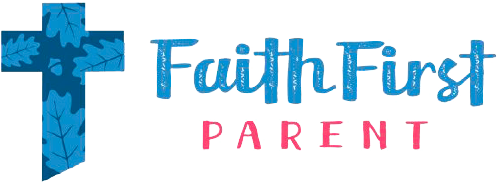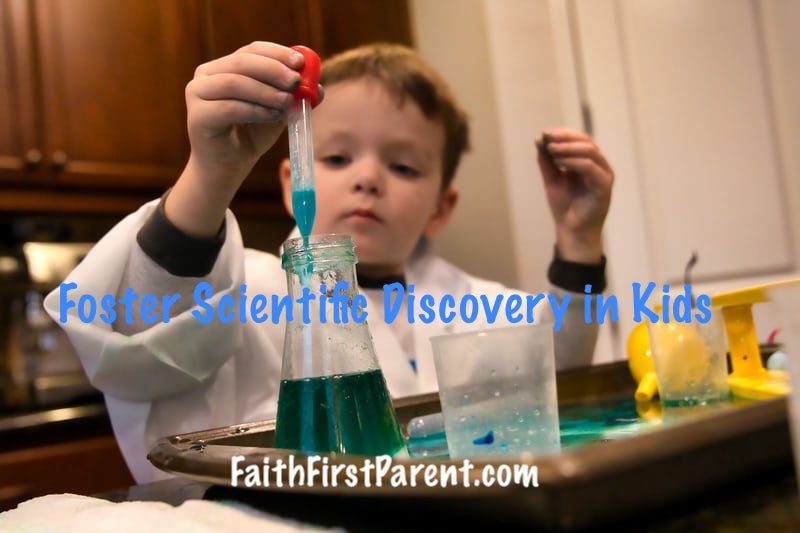Foster Scientific Discovery in Kids
Children are scientists at heart. Foster that desire to explore! Scientific discovery is a learning process. As kids of all ages make sense of their world, they study how things work both in nature and the man made world.
In the backyard or a neighborhood park:
• Search for animal tracks.
• Examine tree buds.
• Discover the difference in cloud formations.
Scientific learning happens indoors too.
• Bath time is a great time for sink or float experiments.
• Finger painting with primary colors leads children into creating secondary colors.
• Building block towers with wide and narrow bases leads to simple physics lessons.
Tips and Tools for Young Scientists
- Provide tools for kids to use. Binoculars, tweezers, a magnifying glass, a notebook to record observations, colored pencils, and a ruler to get your child started in scientific exploration. Continue to add tools to the science toolbox.
- Ask open-ended questions to promote thinking skills. Listen and discuss the topic with your child.
- When experimenting, ask your child to predict what will happen, then test and observe the outcome together. This is a simplified way to introduce scientific method.
- Answer the myriad of “Why” questions you will inevitably be asked. Use scientific terms to expand your child’s vocabulary.
- Organize your children’s books into categories including a science section with books about animals, plants, weather, space, and other science related topics.
- Research together. Learning is a lifetime activity.
- Plan an outdoor adventure to the zoo, arboretum, botanical garden or hiking trail. Adventure and learning can happen on any field trip!
Encourage curiosity and exploration in your children by exploring, discovering, and learning together as a family!
Great are the works of the Lord;
They are studied by all who delight in them.
Psalm 112:2
© 2021 Becky Danielson. All rights reserved.
Photo by Clint Patterson on Unsplash
If this post is encouraging, please take a moment to subscribe to the Faith First Parent e-newsletter, join in the conversation on the Facebook page or share the post with a friend.
Related Posts
7 Reasons to Ask Your Child Good Questions
Get Growing! A Science Experiment for Kids

